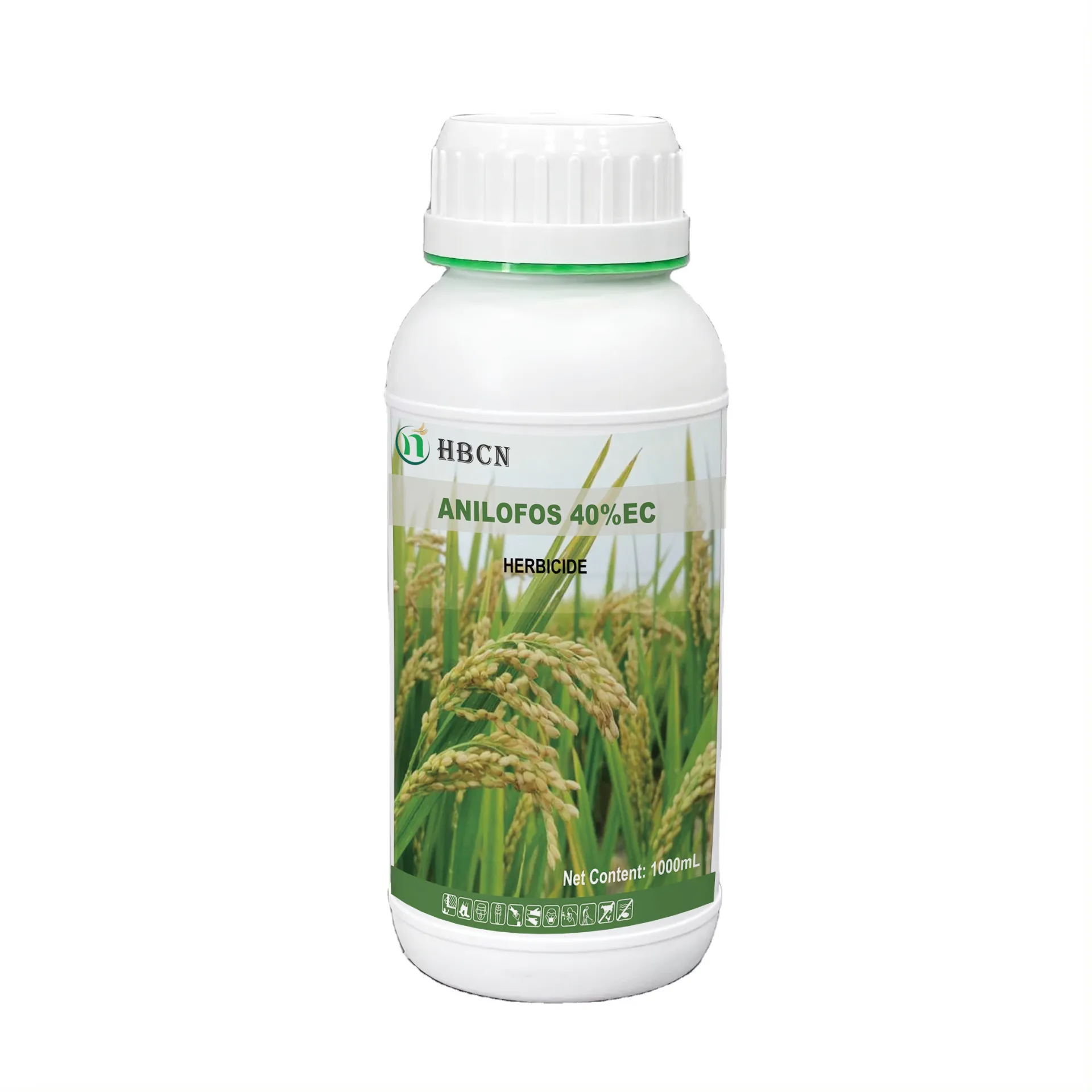
Des . 11, 2024 05:10 Back to list
Effective Use of Acetamiprid Insecticide for Pest Management Solutions
Understanding Acetamiprid A Powerful Insecticide in Pest Management
In recent years, the agricultural sector has increasingly relied on various chemical compounds to manage pest populations that threaten crop productivity. One such compound that stands out is Acetamiprid, a neonicotinoid insecticide known for its effectiveness against a wide range of pests. As agricultural practices continue to evolve, understanding the properties, benefits, and concerns associated with Acetamiprid is essential for farmers, agronomists, and policymakers alike.
What is Acetamiprid?
Acetamiprid is an insecticide that belongs to the neonicotinoid family, which works by interfering with the transmission of nerve impulses in insects. This compound is particularly effective against piercing and sucking pests, such as aphids, whiteflies, and thrips, making it a popular choice for protecting various crops, including fruits, vegetables, and ornamental plants. It is generally used in agricultural settings as a foliar spray, drench, or incorporated into the soil.
Mechanism of Action
The efficacy of Acetamiprid lies in its mode of action. When insects ingest or come into contact with Acetamiprid, it binds to nicotinic acetylcholine receptors in their nervous systems. This binding disrupts normal nerve signal transmission, leading to paralysis and eventual death of the pest. This mechanism allows for a faster knockdown of the insect population, which is crucial for protecting crops during critical growth periods.
Advantages of Using Acetamiprid
One of the key benefits of Acetamiprid is its high selectivity toward target pests. While it is highly effective against harmful insects, its impact on beneficial insects, such as pollinators and predators, is relatively low when applied correctly. This selectivity helps maintain ecological balance and supports integrated pest management (IPM) strategies.
insecticida acetamiprid service

Acetamiprid also has a favorable safety profile for humans and mammals when used according to label directions. Its relatively low toxicity means that it poses minimal risk for farmers and the environment compared to some other chemical pesticides. This feature makes it an attractive option for sustainable agriculture, where minimizing chemical exposure is a priority.
Furthermore, Acetamiprid has a systemic action that allows it to be absorbed by plants and translocated through their tissues. This characteristic ensures that even as pests feed on the plant, they are still exposed to the insecticide, providing robust protection.
Environmental Concerns and Resistance Management
Despite its advantages, the use of Acetamiprid is not without concerns. The increasing prevalence of neonicotinoid insecticides has raised alarms about their potential impact on non-target organisms, including pollinators like bees. Scientific studies have suggested that over-reliance on neonicotinoids can have detrimental effects on bee populations, which are essential for the pollination of many crops.
Moreover, there is a growing concern regarding the development of pest resistance to Acetamiprid and other neonicotinoids. Insect populations can adapt to chemical controls, making them less susceptible to these treatments over time. Therefore, it is vital for farmers to incorporate resistance management strategies, such as crop rotation, the use of biological controls, and mixing insecticides with different modes of action.
Conclusion
Acetamiprid stands as a significant tool in the arsenal of modern agriculture, enabling farmers to manage pest challenges effectively while aiming to reduce ecological impacts. Understanding its benefits and the associated risks is essential for sustainable pest management practices. Continued research and monitoring are necessary to ensure that the use of Acetamiprid and other neonicotinoids in agriculture supports both productivity and environmental health. By balancing these aspects carefully, the agricultural community can continue to thrive while safeguarding the ecosystem for future generations.
-
Vexis Herbicide – Advanced Selective Control, Compare with Tenacity 8oz Mesotrione Selective & Non-Selective Solutions
NewsJun.24,2025
-
Dicamba Herbicide for Creeping Charlie – Effective & Selective Weed Control Solution
NewsJun.10,2025
-
Premium Penthiopyrad Fungicide for Effective Crop Protection Compare with Carbendazim & Copper Fungicides
NewsJun.10,2025
-
Top Products Containing Bifenthrin Effective Insecticide Solutions
NewsJun.10,2025
-
Powerful Lambda Cyhalothrin & Emamectin Benzoate Insecticide
NewsJun.10,2025
-
Emamectin Benzoate 5% Wholesale Supplier - Premium Quality
NewsJun.10,2025
